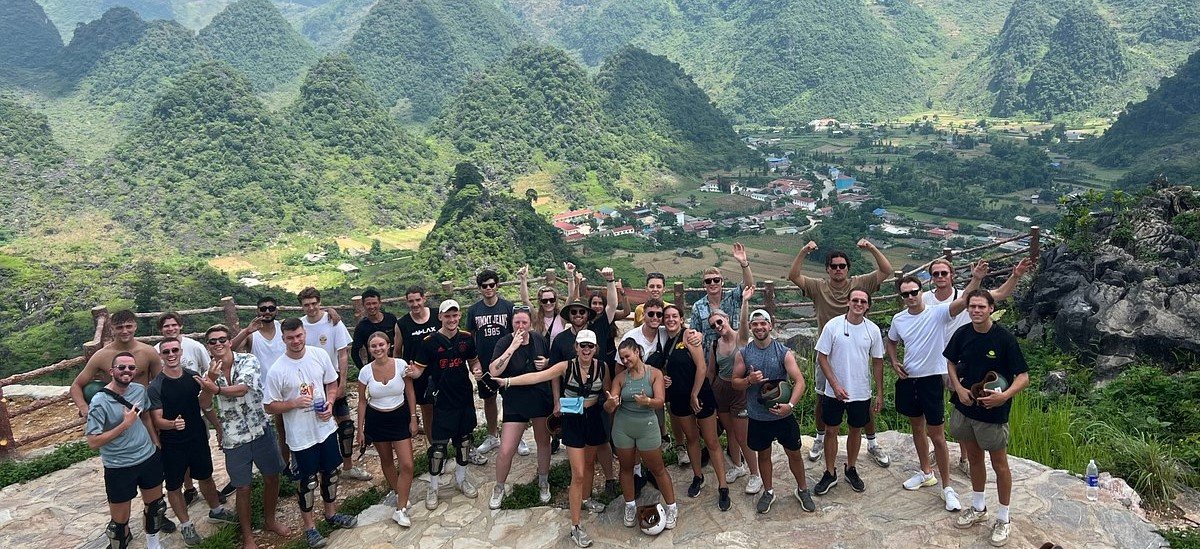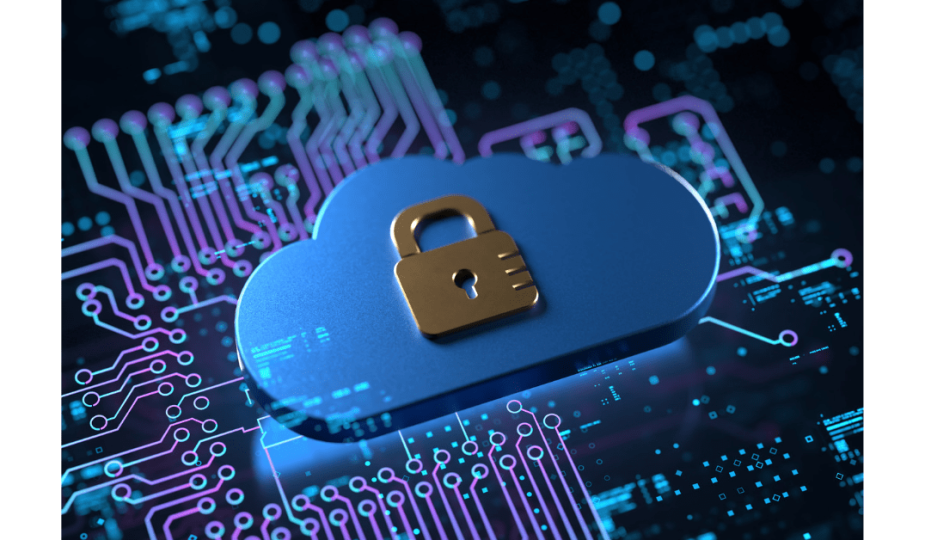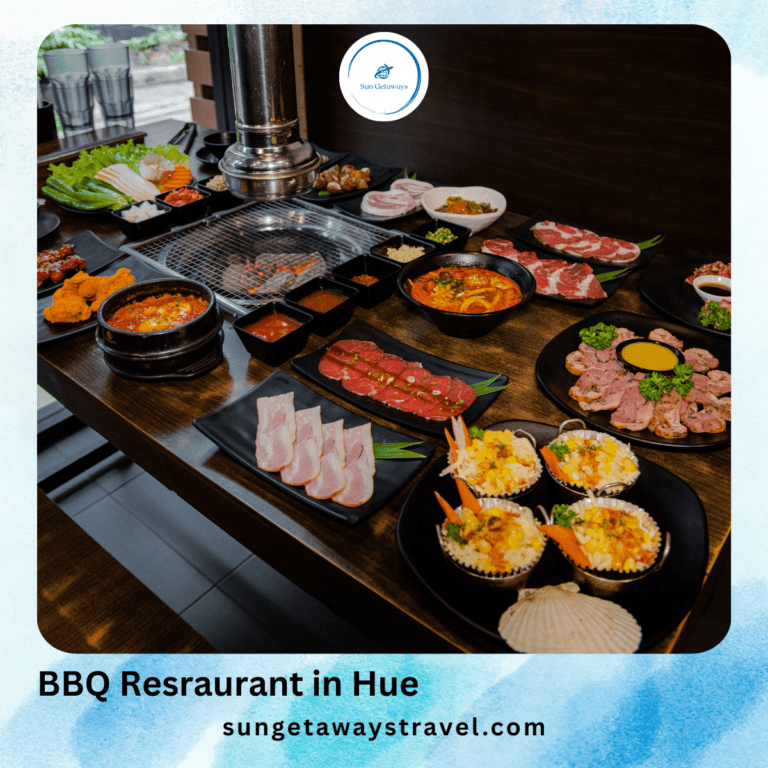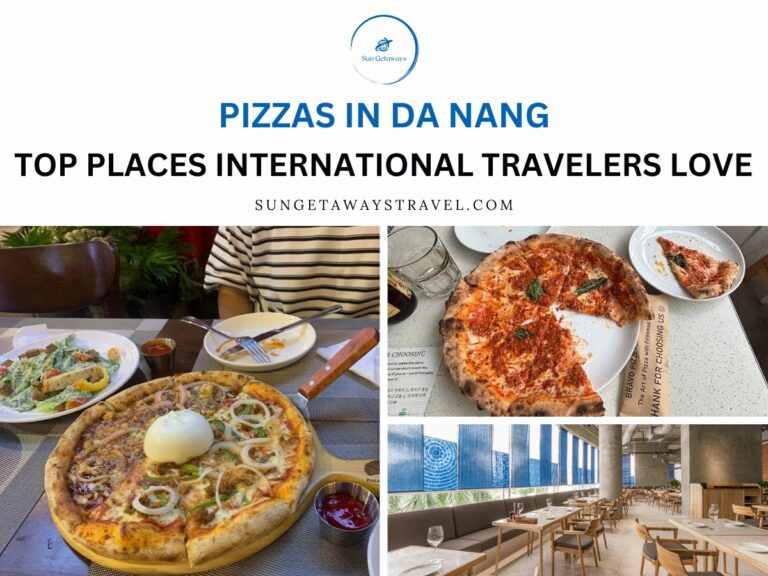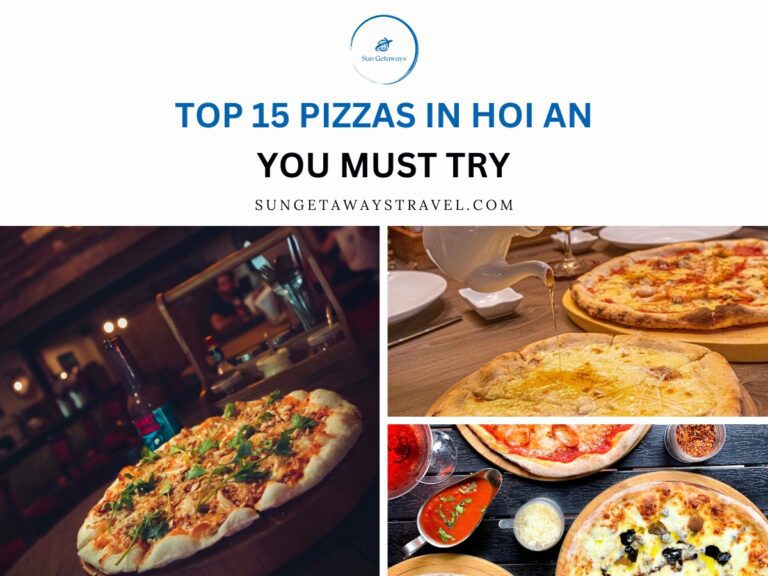Vietnam Online Safety: Tips to Stay Secure on the Internet
 huyhai
huyhai Vietnam is quickly becoming one of the most popular travel destinations in Southeast Asia, offering a rich blend of natural beauty, historic sites, and vibrant culture. From the bustling streets of Hanoi and Ho Chi Minh City to the tranquil landscapes of Ha Long Bay and the Mekong Delta, Vietnam attracts millions of visitors each year. However, as more travelers rely on the internet to navigate, book accommodations, and connect with others, ensuring cybersecurity has become an essential part of any trip. Whether you’re a first-time visitor or a seasoned traveler, staying Vietnam online safety is just as important as safeguarding your belongings in person. This article provides essential tips to maintain internet security in Vietnam and safeguard your personal information during your travels.
1. Understanding Vietnam’s Cybersecurity Landscape


Vietnam, like many other countries, has a growing online presence, with millions of people using the internet for various purposes, including social media, online shopping, and financial transactions. However, as internet usage increases, so does the risk of encountering cybercrimes. Travelers should be aware of the common online threats they might face in Vietnam, such as:
- 📍 Phishing scams: These are attempts to steal sensitive information such as usernames, passwords, and credit card details. Scammers often impersonate trusted organizations like banks or social media platforms.
- 📍 Wi-Fi hacking: Public Wi-Fi networks, especially in cafes, airports, and hotels, are common targets for hackers who try to access your device’s data.
- 📍 Fake websites: Travelers may be tricked into visiting websites that look like legitimate booking or e-commerce platforms but are designed to steal payment information.
By familiarizing yourself with these threats, you can take proactive steps to avoid falling victim to online scams.
💻 You can read more: Everything You Need to Know About Vietnam WiFi and Internet
2. Basic Internet Security Tips for Travelers in Vietnam
Here’s a breakdown of actionable tips to bolster your Vietnam online safety during your travels:
2.1. Use a VPN for Secure Browsing
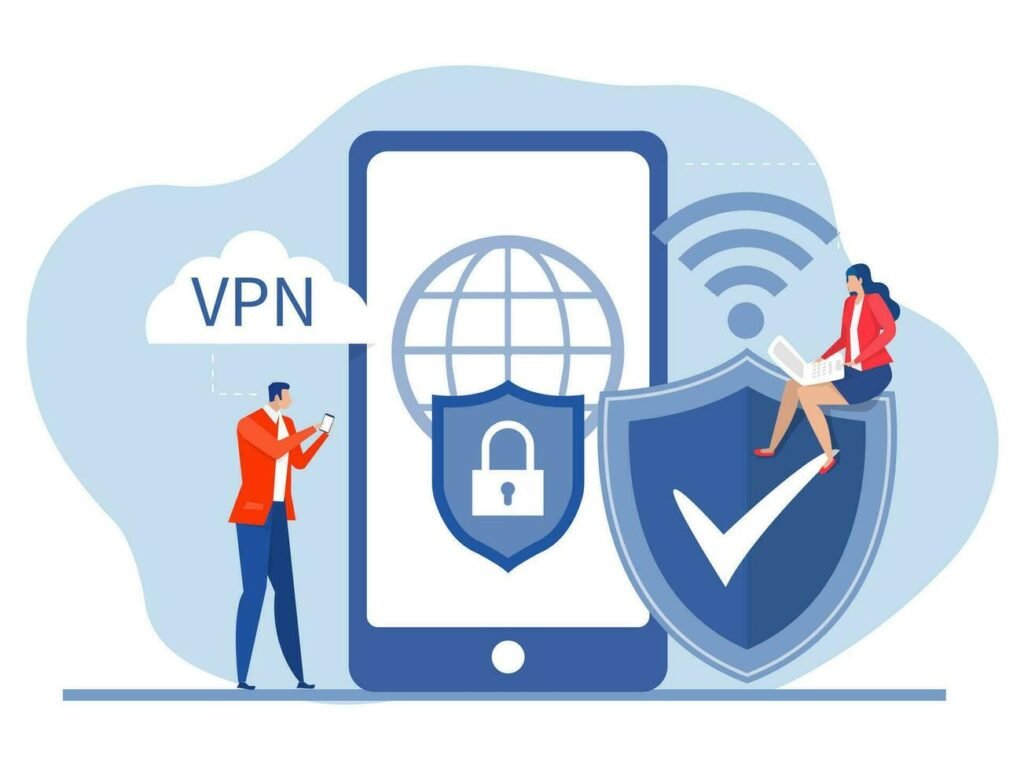

One of the easiest and most effective ways to stay Vietnam online safety is by using a Virtual Private Network (VPN). A VPN encrypts your internet connection, making it much harder for hackers or cybercriminals to intercept your data. This is especially important when using public Wi-Fi networks, as these are often not secure.
When traveling in Vietnam, a VPN can help you:
- 📍 Bypass regional restrictions: Some websites and services may be restricted in Vietnam, such as social media platforms or international streaming services. A VPN allows you to access these services as if you were in a different country.
- 📍 Protect your personal data: Using a VPN ensures that your browsing history, sensitive information, and location remain private, even when using unsecured networks.
- 📍 Avoid censorship: Vietnam has strict internet regulations, and some content may be censored. A VPN can help you access a more open and uncensored internet experience.
💻 You can read more: Stay Protected in Vietnam with a VPN: Essential Cybersecurity Tips
2.2. Secure Your Devices with Strong Passwords
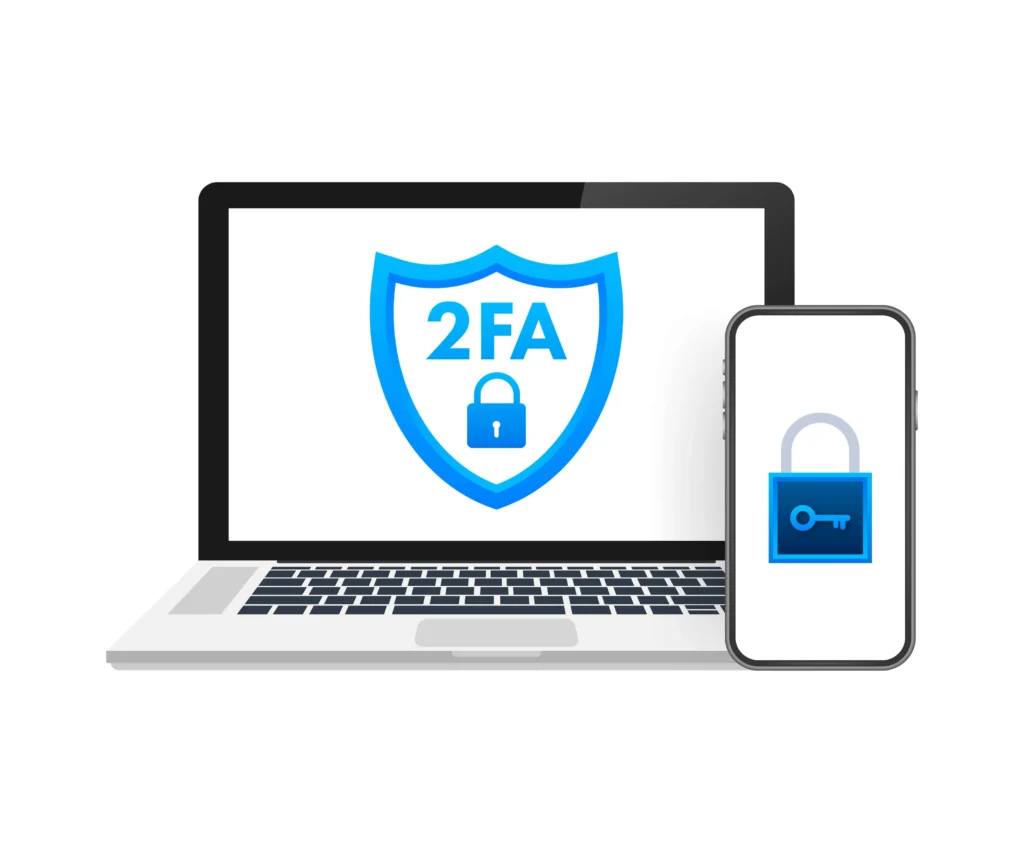

Using strong and unique passwords for your online accounts is important to ensure Vietnam online safety or anywhere else. Many travelers make the mistake of using simple, easy-to-guess passwords or reusing the same password across multiple accounts. This makes it easier for cybercriminals to access sensitive information.
To enhance your online security, follow these tips:
- 📍 Use long and complex passwords: Create passwords that are at least 12 characters long and contain a mix of uppercase and lowercase letters, numbers, and symbols.
- 📍 Enable two-factor authentication (2FA): Whenever possible, activate two-factor authentication for your accounts. This adds an extra layer of protection by requiring a second verification step (e.g., a code sent to your phone) in addition to your password.
- 📍 Use a password manager: A password manager can securely store your passwords and generate complex ones for you, reducing the risk of forgetting them or reusing the same password.
💻 You can read more : Paying with QR Codes in Vietnam: A Quick & Easy Guide
2.3. Be Wary of Public Wi-Fi Networks
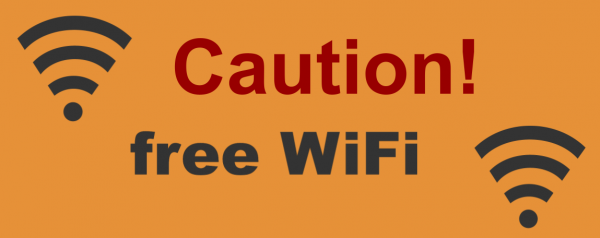

Public Wi-Fi networks, while convenient, are often not secure. Hackers can easily intercept the data transmitted over these networks, including login credentials, payment information, and other sensitive data. This is particularly risky when using networks in cafes, hotels, or airports in Vietnam.
Here are some tips for staying safe on public Wi-Fi:
- 📍 Avoid logging into sensitive accounts: If possible, avoid logging into your bank account or accessing personal information while on public Wi-Fi.
- 📍 Use HTTPS websites: Make sure the websites you visit use HTTPS (indicated by a padlock icon in the browser’s address bar). This means the connection is encrypted and more secure.
- 📍 Turn off sharing options: On your device, turn off file sharing and other sharing features that could allow unauthorized users to access your files over the network.
By following these tips, you can mitigate the risks associated with public Wi-Fi.
💻 You can read more : Finding Reliable WiFi Hotspots
2.4. Beware of Phishing Scams
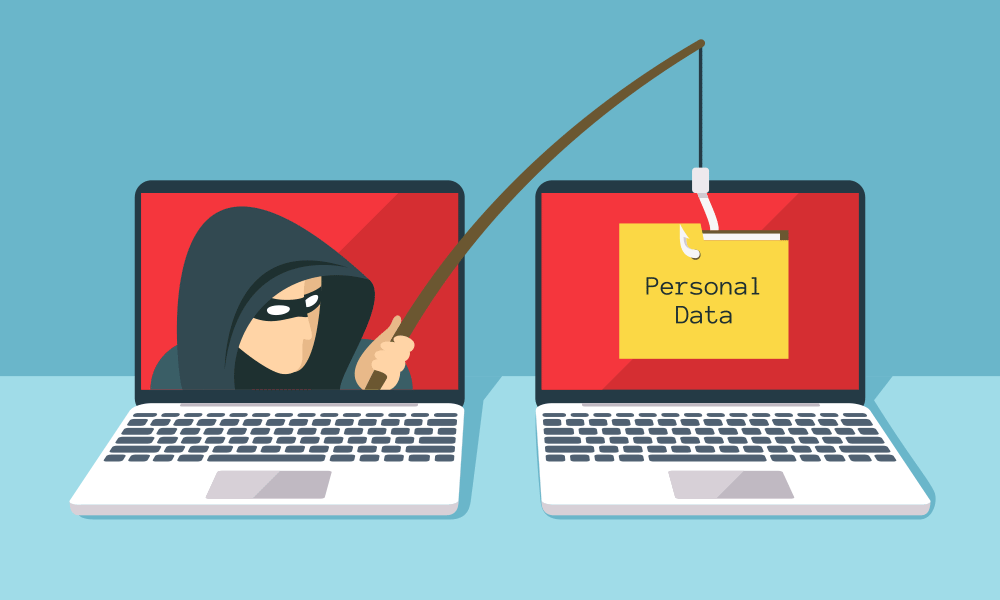

Phishing scams are one of the most common online threats faced by travelers. These scams involve deceptive emails, messages, or websites that impersonate legitimate organizations to steal your personal information. In Vietnam, phishing attacks are often carried out via email, SMS, or social media platforms.
Here are some signs of phishing attempts and how to protect yourself:
- 📍 Suspicious emails or messages: If you receive an unsolicited email or message from an unfamiliar sender, be cautious. Look out for spelling and grammar mistakes, urgent language, or suspicious links.
- 📍 Don’t click on links in unsolicited messages: Always hover over links to check their legitimacy before clicking. If the link leads to a suspicious website or has a strange URL, do not click on it.
- 📍 Verify with the source: If you receive an email or message claiming to be from a bank, government agency, or social media platform, always verify the message’s authenticity by contacting the organization directly through official channels.
🌟 If you need or want to explore some tours to Vietnam, you can explore some Vietnam tours below or contact us via WhatsApp or visit the Sun Getaways Travel Fanpage.
2.5. Be Careful with Online Payments
Shopping and ordering online is convenient, but it also comes with risks. Fraudulent websites and fake online stores can trick you into paying for non-existent goods or services. When making online payments in Vietnam, take the following precautions:
📍 Use trusted payment platforms: Stick to well-known, secure payment methods like PayPal, credit cards, or local payment systems with strong fraud protection.
📍 Check the security of the website: Before entering any payment information, check to see if the website is secure. Look for a padlock icon and “https” in the URL to confirm that the site uses encryption.
📍 Avoid public Wi-Fi when making payments: Always use a secure, private network when entering payment information online.
First time in Vietnam? Get all the essential do’s and don’ts in our Guide to Vietnam Travel Safety.
2.7. Monitor Your Bank and Credit Card Statements


During your trip to Vietnam, it’s important to keep a close eye on your bank and credit card accounts to detect any unauthorized transactions. If your card information is stolen, early detection can help you prevent further damage.
- 📍 Use mobile banking apps: Many banks offer mobile apps that allow you to monitor your account activity in real time. Set up alerts for transactions to keep track of your spending.
- 📍 Report suspicious activity immediately: If you notice any unusual charges, report them to your bank or credit card company as soon as possible to minimize any losses.
💻 You can read more : ATMs in Vietnam: Finding Cash & Avoiding Fees
2.8. Know the Local Cybersecurity Laws
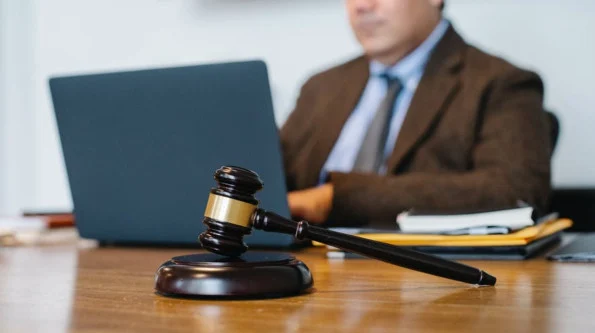

Each country has its own set of cybersecurity regulations, and Vietnam is no exception. The Vietnamese government has implemented strict internet laws that regulate online activities, including social media use, data privacy, and cybercrimes. Travelers should familiarize themselves with these laws to avoid legal issues during their stay.
- 📍 Respect local laws: Avoid posting or sharing content that could be seen as politically sensitive or critical of the government.
- 📍 Be cautious with data sharing: Vietnam has data protection laws, but it’s always wise to be cautious about how and where you share your personal information online.
💻 You can read more : Using Mobile Wallets in Vietnam: Momo, ZaloPay & VNPay
3. Conclusion
To stay safe online while traveling in Vietnam, prioritize vigilance and proactive measures. Enhance your internet security by using strong passwords, enabling VPNs, and practicing responsible online behavior. Understanding and applying cybersecurity strategies will help protect your personal information, allowing you to enjoy Vietnam’s vibrant experiences with confidence. Combining awareness with action ensures a secure and worry-free digital experience during your trip.
Ask a question
Leave a Comment (0)
No questions yet. Be the first to ask a question!


